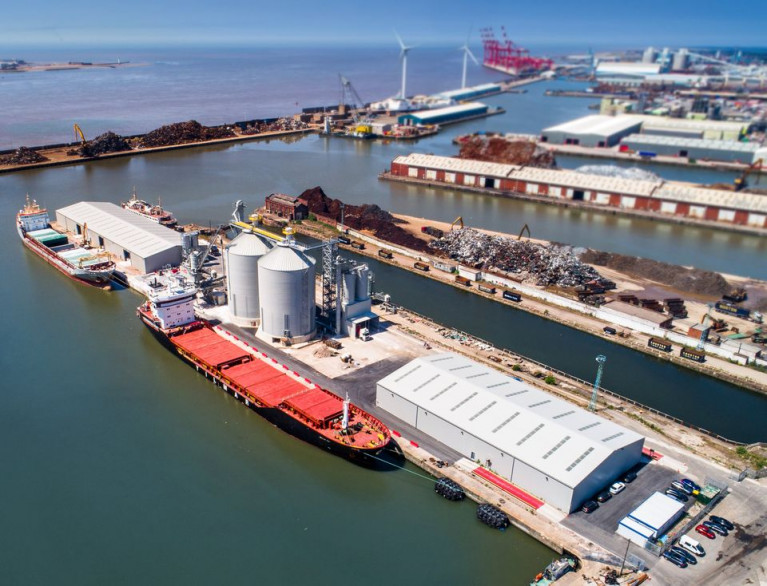Displaying items by tag: Spending Priorities
British Ports Association Sets Out UK Government Spending Priorities
The British Ports Association (BPA) outlines that decarbonisation, innovation, infrastructure, freeports and properly functioning and resourced regulators are key asks for future government spending, which the association set out in a letter to the UK Chancellor from the ports industry today.
While the UK government’s planned ‘comprehensive spending review’ may be on ice for another year, according to reports, the BPA delivered its submission to the Treasury noting that reforms putting ports at the heart of regional economies should not be delayed.
With EU Exit [Brexit] imminent, the BPA has also called for funding to future-proof the sector. As a member of umbrella group Maritime UK, the BPA's submission complements MUK's submission, which calls for a £1bn maritime decarbonisation programme.
Commenting, Mark Simmonds, Head of Policy and External Affairs at the British Ports Association and Chair of Maritime UK's Policy Working Group said: “Whilst the Chancellor may understandably delay this process due to continuing uncertainty from covid-19, we hope the Government does not take its eye off decarbonisation and climate change, which is an urgent challenge.
For further details LloydsLoadingList reports of the BPA submission to the UK government.





























































